
Photo by Rosie Kerr on Unsplash
It can be so easy to find things to complain about, to want more, to be unhappy or unsatisfied with life and how things are going. Our brains are wired to find the negative first as a way of surviving. This is great if you are in danger or if you need to take action to save yourself. It’s not so great if you want to experience emotions that help you feel more connected, happy, joyful, calm, and loved.
What is gratitude anyways? Gratitude is an emotion and an attitude. Gratitude is the feeling of being thankful and in appreciation. You might be grateful for tangible things you have like friends, family, a phone, clothes you like, the sport you play, the ability to sing, etc. You may be grateful for intangible things like love, peace, memories, quiet moments, laughter etc.
Gratitude can be a game changer for your mental health. Researchers have found that a daily gratitude practice can increase mood, optimism, and overall pleasant feelings (like happiness).

Photo by Lucas George Wendt on Unsplash
As a teen, practicing gratitude has a lot of benefits. Here are just a few:
- Gratitude Causes a Good Mood: focusing on the things you appreciate and are thankful for increases happiness and decreases stress, which will definitely put you to be in a better mood. To learn more about moods, check out by blog article: The Miracle of Teen Feelings.
- Gratitude Promotes Empathy: when you are feeling grateful and thankful for others it’s almost impossible to not care about them and their well-being. This grows your empathy, meaning your ability to put yourself in someone else’s shoes and to care about and want to understand them.
- Gratitude Connects: thinking about and sharing the things and people you appreciate can increase your sense of connection and love to others. This is really good for friendships and social bonds with loved ones.
- Gratitude is Flexible: being in appreciation can be done in so many different ways. It can be a thank you note, thanking someone in your head, being grateful for a past experience or something coming up, writing it down, an act of kindness, saying something you appreciate out loud, etc.
- Gratitude Motivates: the more gratitude you practice, the more wonderful things you will start to notice. This can be quite inspiring to want to do more, live more, and be more.
Here are 4 gratitude practices you can try:

Photo by Jess Bailey on Unsplash
Gratitude Journal
Start or end your day by writing down 3 things you are grateful for. You can start with more general things but over time try and get more specific about the things you appreciate. For example, I might write “friends” in the beginning. When I’m trying to get more specific, I may say something like “my friends because I love how much they make me laugh”.
Getting more specific about why you are thankful makes the appreciation feel more connected to you personally; it becomes more meaningful.

Photo by Beth MacDonald on Unsplash
Gratitude Circle
In a gratitude circle each person gets the opportunity to share 1 general thing they are grateful for and 1 specific thing that they are grateful for today. It’s a great way to feel connected to others and grow gratitude in your social circles.
You can do this with a group of friends or with your family. Decide on a time where you will practice it. Some families choose at the dinner table or friends may choose to do this in a group chat.

Photo by Canva
Gratitude Jar
Set up a jar where every day you write something you are grateful for and drop it in. It can be a centrally located jar in your house where everyone can contribute or it can just be for personal use. At the end of the week or at the end of the month read all of the things that you have felt grateful for. Start to fill your jar all over again – and you can keep the previous ones too and watch your jar fill with gratitude.

Photo by Canva
Gratitude Meditation/Prayer
You can search on-line and find gratitude meditation scripts or videos. Here are a few you could try:
- 3-Minute Gratitude Meditation
- Guided Practice for Kids
- Feeling Grateful and Full of Full of Gratitude
You can also create your own. Start by writing down 10-15 phrases that begin with “I am grateful for….” or “I am thankful….” and then record yourself saying them in a calm voice and playing them back for yourself as you are sitting comfortably, lying down, or walking outside in nature.
What are some other ways you are practicing gratitude during your day?
Share this with someone who you are grateful for.
Love,
Chantal

Chantal Côté (she/her) is a psychologist and teen life coach living in Calgary, Alberta. After over a decade in non-profit and community mental health, Chantal started Pyramid Psychology, a practice dedicated to supporting teens – a population she is constantly amazed by. Chantal is on a mission to help 100,000 teen girls (and their parents) build bulletproof mindsets so they can weather the ups and downs of life. As part of this goal, Chantal has had the privilege of speaking at various events – virtual and live – to support teens and parents.
Outside of this passion, Chantal is often in nature, writing poetry, playing ball hockey and hanging out with her loved ones.
Each week, Chantal writes a blog article in response to issues she hears from the parents and teens she connects with.
If you have something you’d like to read more on – email ideas and questions to info@pyramidpsychology.com or DM us via Instagram or Facebook.

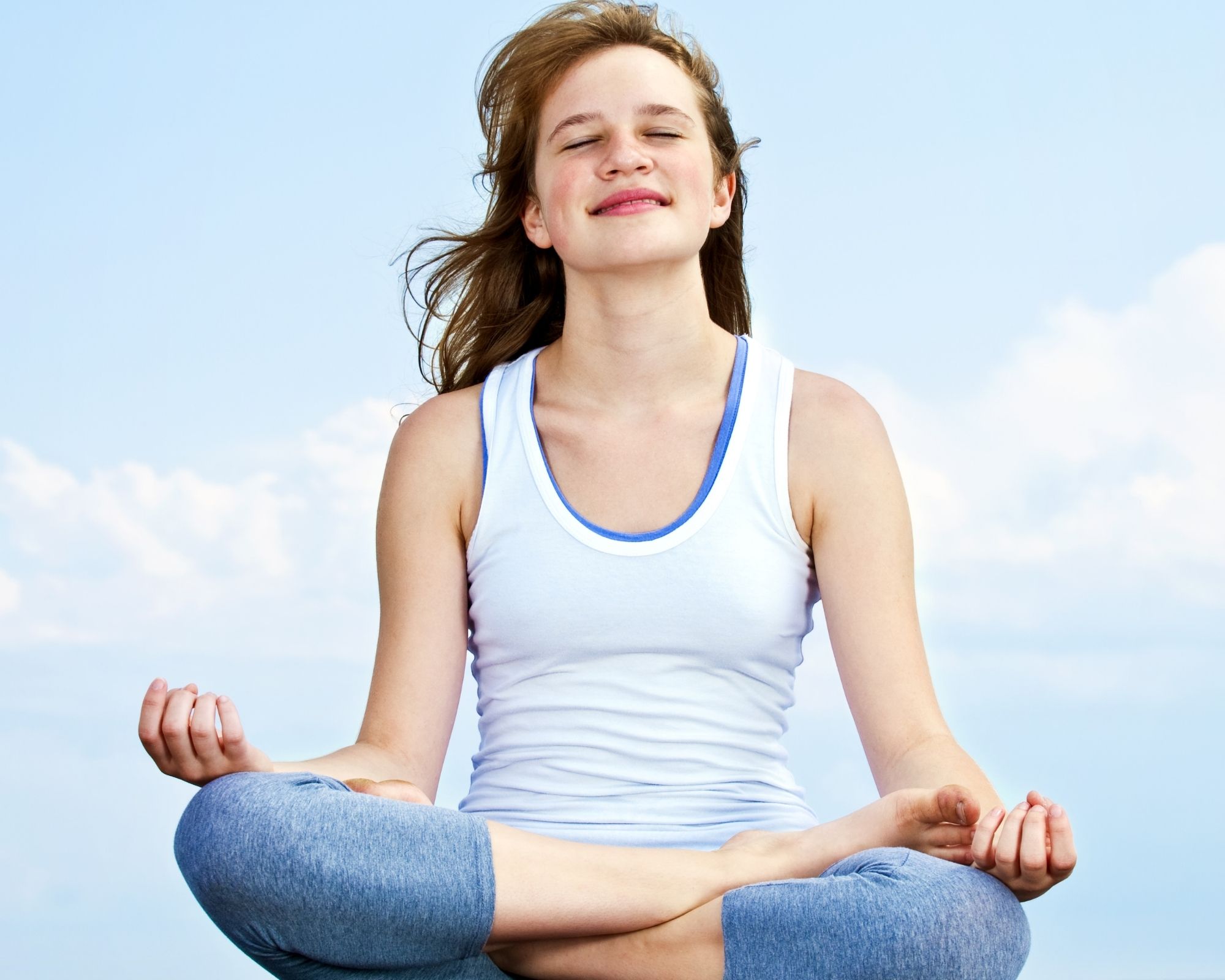
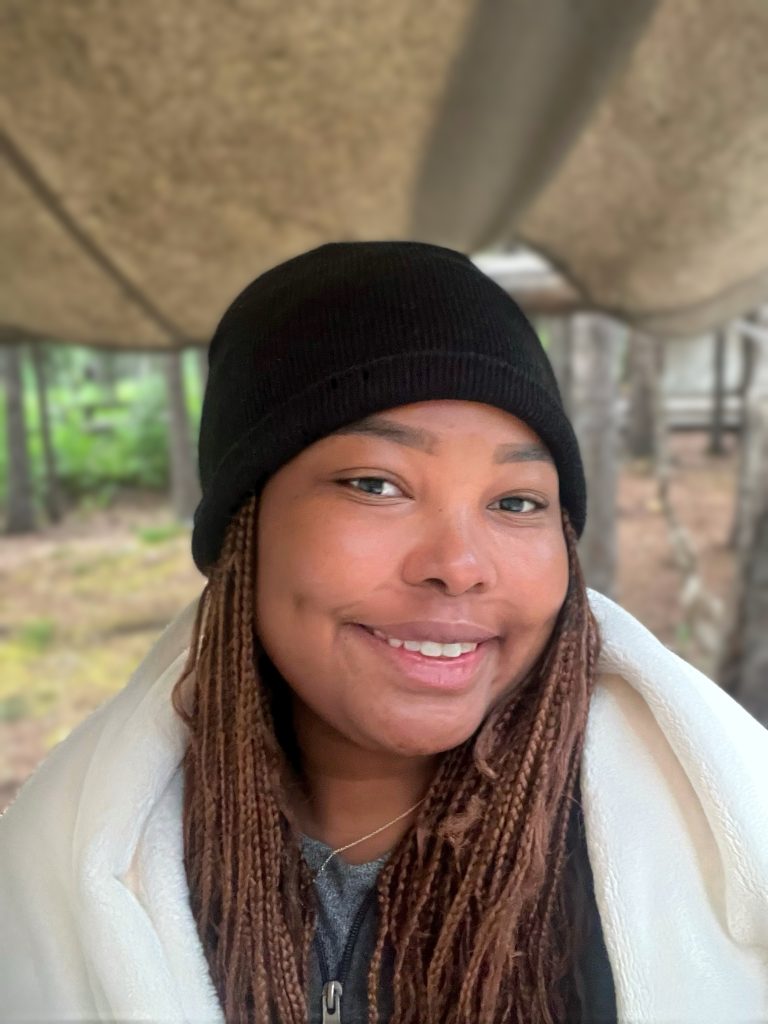





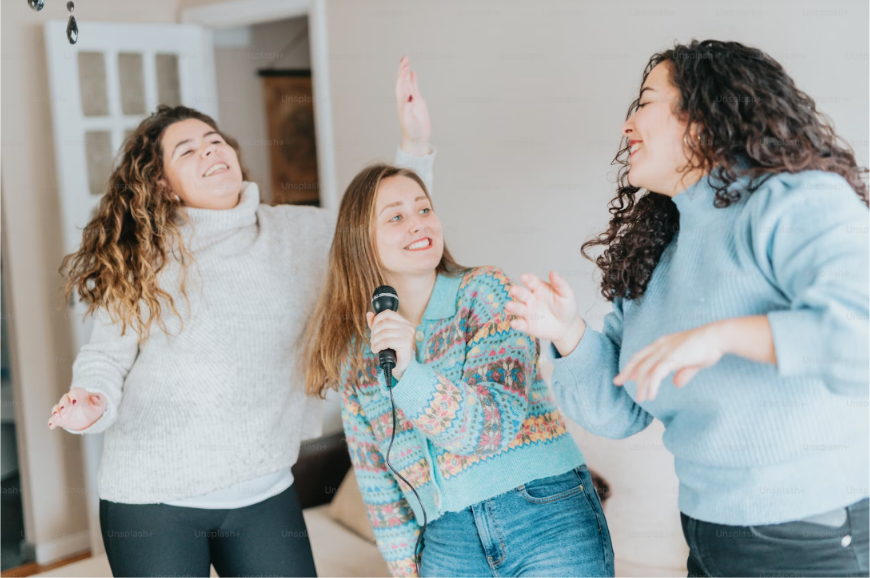


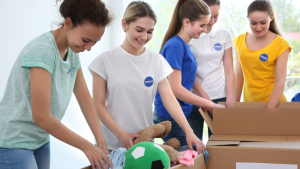

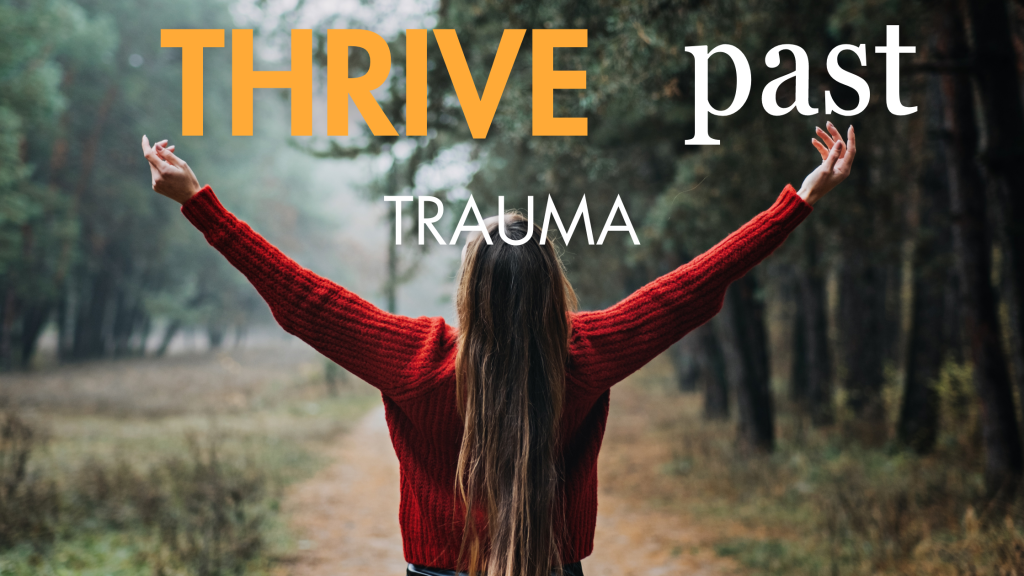



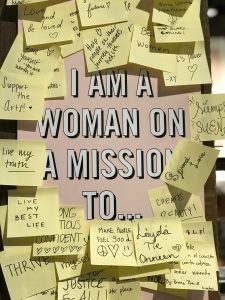


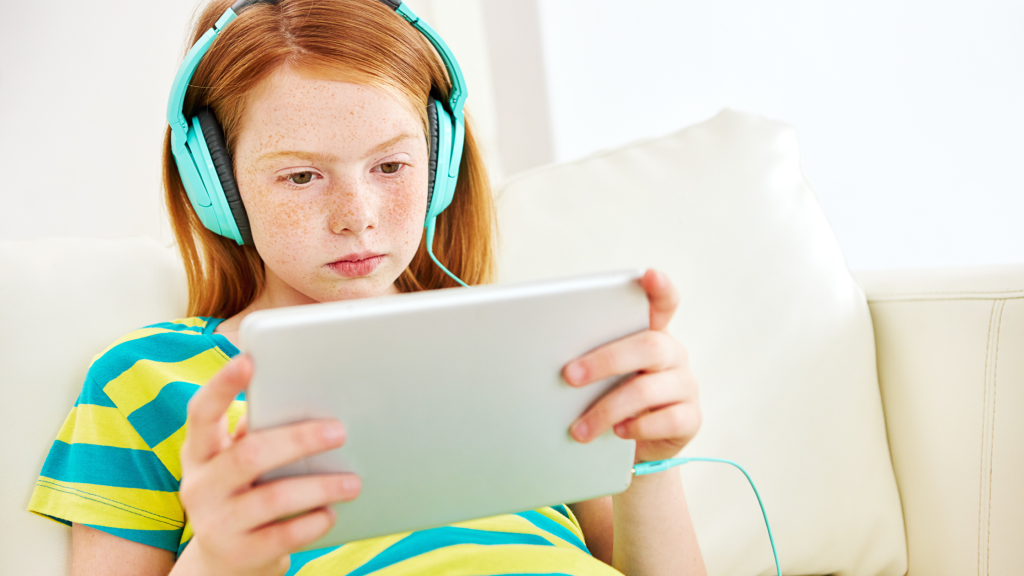

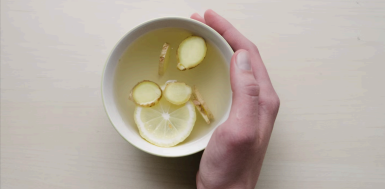
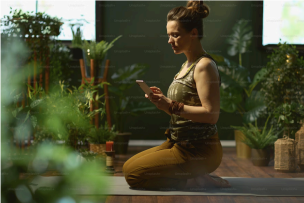 What I would tell my younger self (younger sibling). When I ask this question 9 times out of 10, teens tell me their advice for their younger person would be to wait as long as they can before they start using social media, to avoid platforms that constantly show them videos and pictures they compare themselves to, and to enjoy things outside of screen time.
What I would tell my younger self (younger sibling). When I ask this question 9 times out of 10, teens tell me their advice for their younger person would be to wait as long as they can before they start using social media, to avoid platforms that constantly show them videos and pictures they compare themselves to, and to enjoy things outside of screen time.
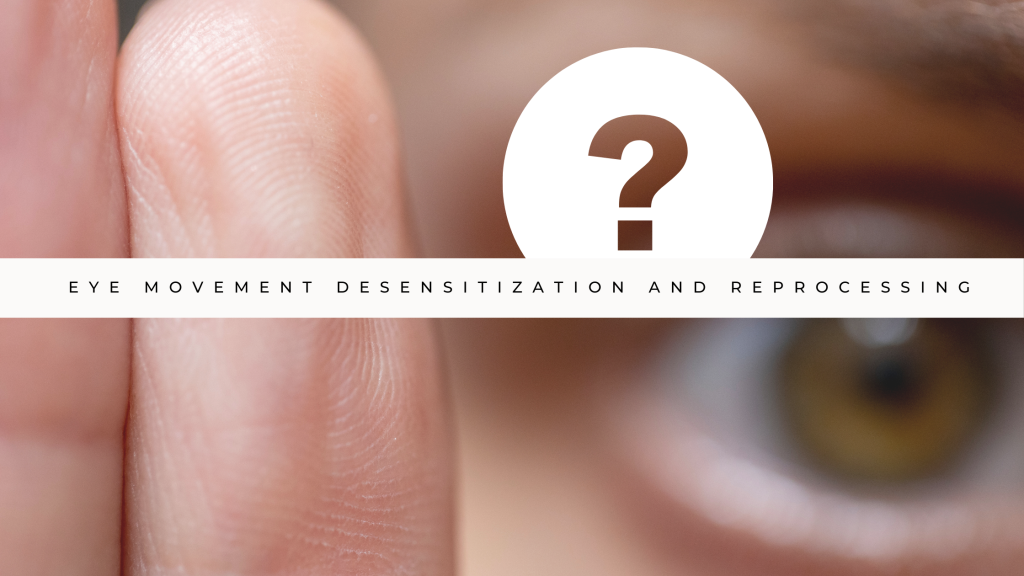





 Hello, my name is Tara, and I am a graduate student in counselling, I will be doing my practicum at Pyramid Psychology and I am very excited to practice all the skills I have learned as well as develop new relationships.
Hello, my name is Tara, and I am a graduate student in counselling, I will be doing my practicum at Pyramid Psychology and I am very excited to practice all the skills I have learned as well as develop new relationships.














 I am a registered social worker with a Bachelor of Social Work with a major in psychology from the university of the Western Cape, and a Master’s in Clinical Social Work specialization with individuals, families, and groups from the University of Calgary.
I am a registered social worker with a Bachelor of Social Work with a major in psychology from the university of the Western Cape, and a Master’s in Clinical Social Work specialization with individuals, families, and groups from the University of Calgary.












